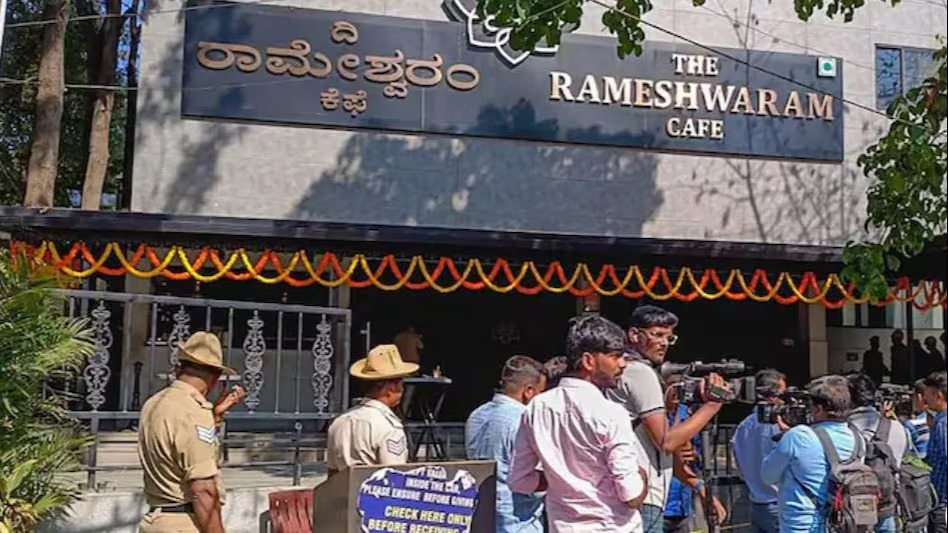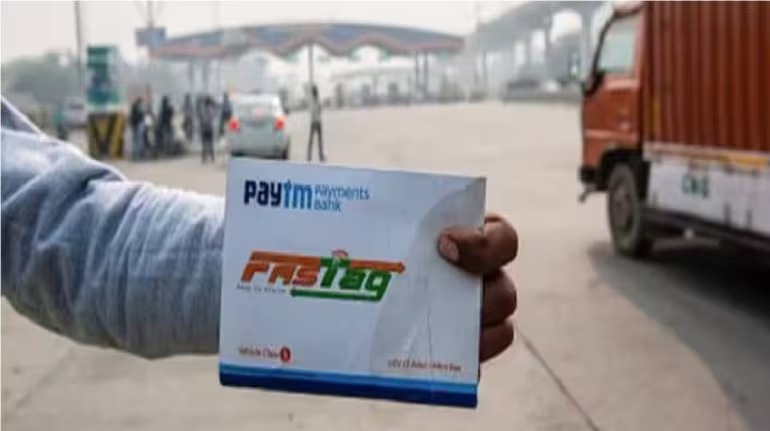“Where the job continues without even any performance appraisal or periodical renewal, and the person engaged in the same would be termed as a “trainee”, as it is in the present case, the same would be considered as unfair labour practice.”
Calcutta High Court: In an appeal against the order of single judge reinstating the respondent after termination for unsatisfactory performance, a division bench
comprising of Rai Chattopadhyay* and V.M. Velumani, JJ., dismissed the appeal and upheld the reinstatement of respondent, emphasising that the termination
without statutory compliance was unjustified and illegal. The Court recognised the respondent as a “workman” and ordered his immediate reinstatement with back
wages and consequential benefits and observed,
“The nature of employment cannot be judged on the letter issued by the employer but on the nature of duties performed by the employee.”
Factual Background
In the instant matter, respondent was engaged by the appellant company as a trainee pursuant to an engagement letter dated 23-10-1987, for four years. The
respondent’s employment was terminated on 18/20-01-1992 due to alleged unsatisfactory performance during the training period, as per the provisions of Clause 7 of
the engagement letter.
The respondent raised a grievance against the termination under the Industrial Disputes Act, 1947, resulting in an order of reference by the Assistant Labour
Commissioner. The Industrial Tribunal, in its award dated 04-04-2001, directed the appellant to reinstate the respondent with back wages and other benefits. The
appellant challenged the Tribunal’s award through a writ petition, which was dismissed by the Single Judge vide order dated 06-05-2016. Aggrieved by the impugned
order of Single Judge, the appellant preferred the present appeal challenging the same.
Moot Point
- Whether the respondent, engaged as a trainee, should be considered a ‘workman’ under the Industrial Disputes Act, 1947?
- Whether the termination of the respondent’s employment constituted ‘retrenchment’ under Section 2(00) of the Industrial Disputes Act, 1947?
- Whether the Industrial Tribunal had jurisdiction to entertain the dispute and pass the award?
Court’s Assessment
The Court noted that the respondent, despite being designated as a trainee, performed duties of a permanent nature, indicating an employer-employee relationship.
The Court asserted that the absence of a structured training program, lack of performance appraisal, and engagement in essential tasks without a designated trainer
pointed towards unfair labour practices by the appellant.
“An employment if is resorted to as a mechanism to frustrate the claim of the employee to become regular or permanent against a job which
continues or the nature of duties is such that the colour of traineeship is given to take it out from the clutches of S. 2(00) of the said Act of 1947, then
such stipulations cannot be regarded as fair or bona fide.”
The Court held that respondent should be considered a “workman” based on the nature of his duties and continuous employment with the appellant. Citing precedents
Trambak Rubber Industries Ltd. v. Nashik Workers Union, (2003) 6 SCC 416 and Tungabhadra Sugar Works (P) Ltd. v. Labour Court, 1982 SCC OnLine Kar 226 the Court
affirmed that a trainee could be considered a “workman” under the Industrial Disputes Act. The Court further state that “this Court finds that termination, if any, of
the respondent No.3, should have been preceded with due observance of the provisions under section 25-F of the Industrial Disputes Act, 1947.”
The Court emphasised the importance of considering the nature of duties performed rather than the designation given by the employer. Consequently, the Court
deemed the termination of the respondent’s employment without following statutory procedures and principles of natural justice as unjustified and illegal.
“This Court is unhesitant to hold that the respondent no.3 would have to be considered as a ‘workman’ of the appellant, within the meaning of
Section 2(s) of the Industrial Disputes Act, 1947. The findings of the Tribunal, as well as the Hon’ble Single Judge, as to the same, is liberated from any
error and not to be interfered, in any manner, whatsoever.”
Court’s Decision
The Court dismissed the appeal and upheld the Tribunal’s award and the Single Judge’s judgment, affirming the respondent’s status as a ‘workman’ and directed the
appellant to reinstate the respondent with full benefits including back wages, within sixty days from the date of the judgment.
[ABP Ltd. v. State of W.B., FMA No. 165 of 2018, order dated 13-02-2024]
*Judgment by Justice Rai Chattopadhyay
Advocates who appeared in this case : Mr. Susanta Pal, Mr. P. Basu and Mr. N. Banerjee, Counsel for the Appellants Mr. R. Guha Thkurata, Ms. Senjuti Sengupta, Ms. Dona Ghosh and Ms. Dipa Roy, Counsel for the Respondent 3






















